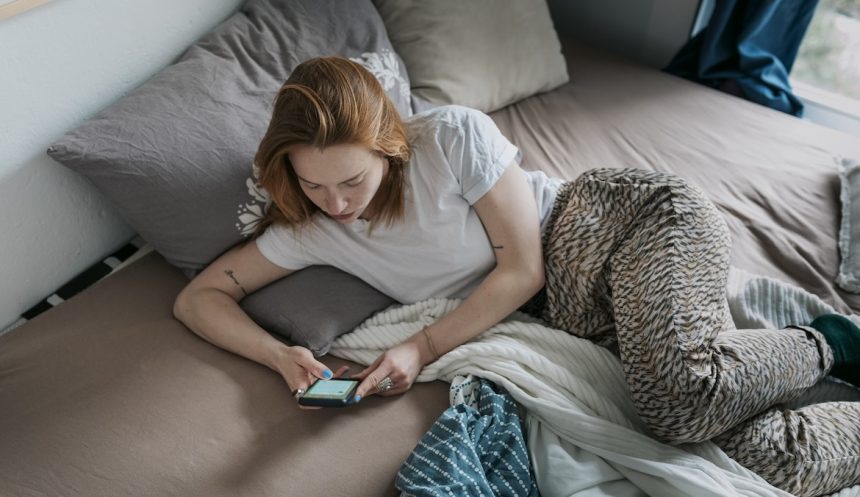<p>How many conversations have you had with your friends or coworkers (just us?) that begin with, “OK, TMI but…” We believe that no body function is “weird” or “gross,” and no question is too embarrassing to ask. But for those moments you’d rather hit up the internet than your bestie for answers, we’ve got you covered. </p>
<p>Let’s face it: Farting is a natural part of life. Our guts were designed to do it! You may find yourself passing more gas during the day if you ate something particularly fibrous (looking at you, beans) or if you’ve had too many sparkling waters to count. But what if your gut’s “farty party” doesn’t really start until you curl into bed at the end of the day? Beyond it being annoying, smelly, loud farts can keep you (and possibly your partner, sorry) from drifting off to sleep. If you’re always asking yourself, “why am I so gassy at night?” this one’s for you. </p>
<p>Truth is, it’s pretty normal to have some gas after you eat, says <a href=”Insert Link Here”>Supriya Rao, MD</a>, a gastroenterologist at Tufts Medicine in Boston, Massachusetts. And farting more at night—after you’ve likely had your biggest meal of the day—isn’t usually cause for concern. </p>
<p>Still, it would be nice hit the hay without a bubble gut. Here, we’ll take a closer look at what causes nighttime farts, how to prevent them, and when it’s time to see a professional about your farts and gut health. </p>
<h3>Related Stories</h3>
<p>
<ul>
& <li>You’re just digesting food (no biggie)</li>
<li>You ate a meal high in fiber or FODMAPs</li>
<li>You ate a rich or fatty meal</li>
<li>You just ate a lot</li>
<li>You’re constipated</li>
<li>You’re not moving enough after dinner</li>
<li>You have a food intolerance</li>
<li>You started a new medication</li>
<li>You have an underlying health condition</li>
</ul>
</p>
<p>When the “wind” starts coming nonstop, you’ve got some gas relief options to get the situation under control. Take a walk after dinner A 15- or 20-minute stroll after eating is Dr. Rao’s go-to for dealing with post-dinner gas, because it helps encourage digestion. “The more active you are, the less bloating you’ll feel,” she says. </p>
<p>Natural gas relief is also an option. One of the best go-tos? Ginger tea, which you can make by steeping a few slices of fresh ginger in hot water. It’s got gingerol—a compound that’s shown to reduce gas buildup by encouraging your GI muscles to relax. Peppermint works, too, for similar reasons. You can sip mint tea, or try a peppermint oil capsule like NOW FOODS Peppermint Gels. </p>
<p>If you’re wondering how to relieve gas pain, turning to an over-the-counter (OTC) medication can help—especially when all else fails and you need fast relief. Try an OTC anti-gas med like simethicone (Gas-X) or TUMS, recommends the Mayo Clinic. Both help by breaking up air bubbles in your GI tract, which can curb bloating and gas. </p>
<p>Next time you want to nix the post-dinner gas fest, Dr. Rao recommends trying these tactics: Eat smaller portions, eat slowly, get enough fiber but spread it out, drink enough water, and avoid or limit certain gas-producing foods. </p>
Why Am I So Gassy At Night? Causes and Remedies

Leave a comment




